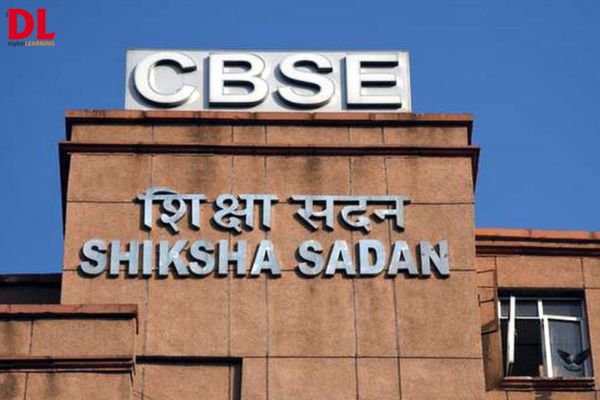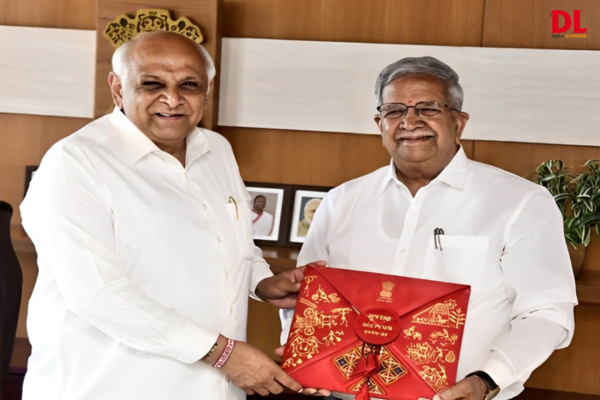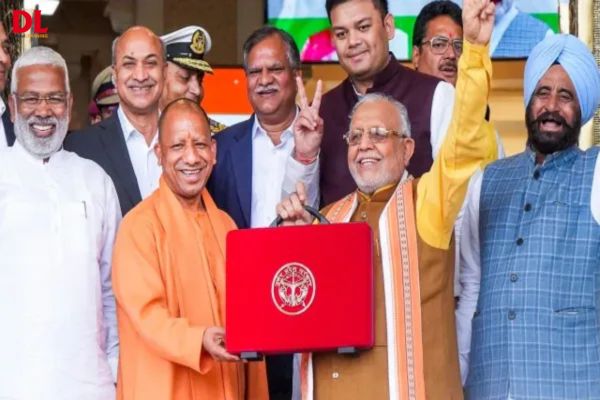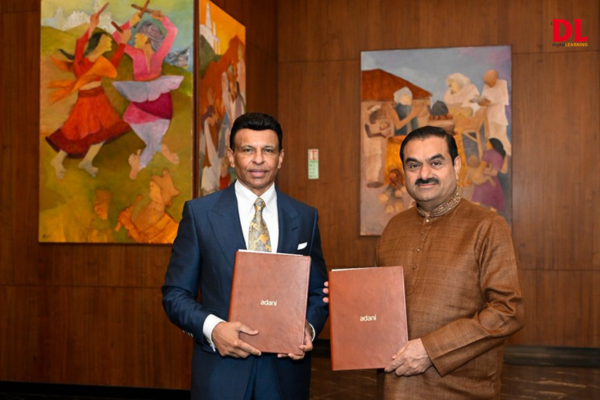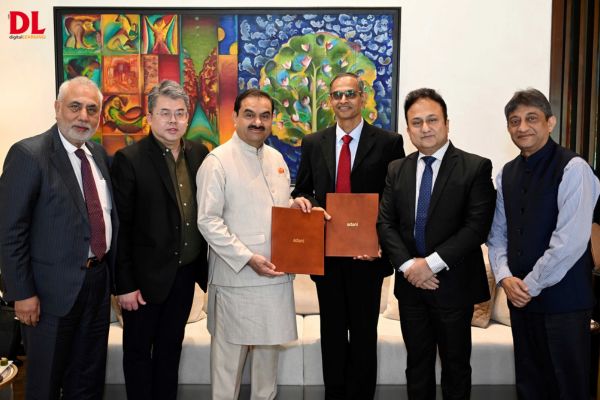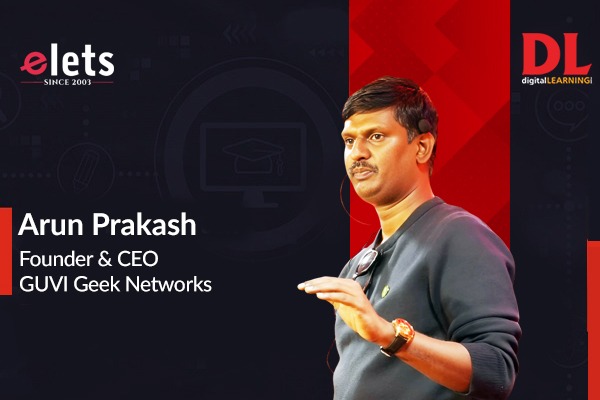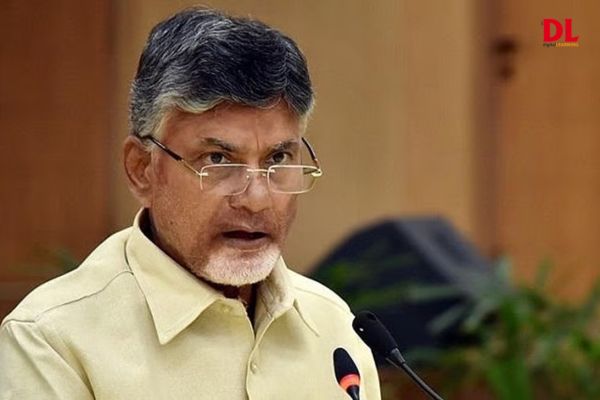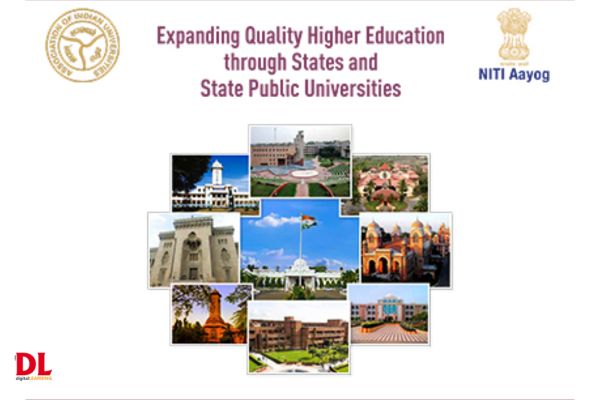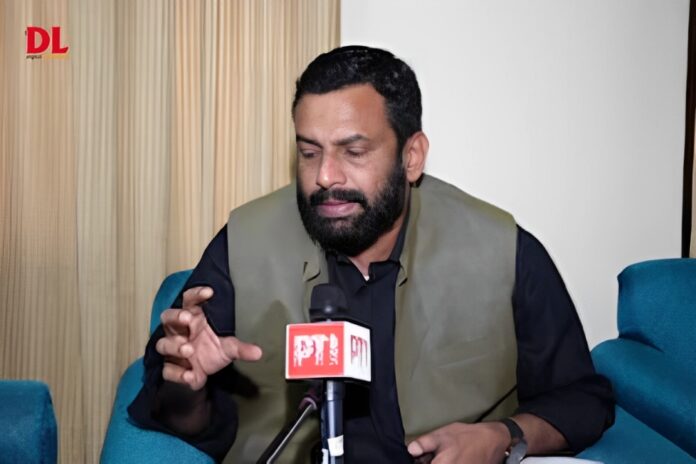Few technological advancements in human history since electricity’s invention have been as transformative as Artificial Intelligence. Since its public release, AI has seamlessly integrated into various facets of life, reshaping efficiency, functionality, and even the way it is studied. The education sector, in particular, has reaped significant benefits, with AI revolutionizing curricula, pedagogy, methodologies, and student learning experiences. Alongside the rise of digital learning, AI integration has proven instrumental in building smart education systems. Consequently, AI is now poised to redefine school curriculums, driving the evolution of smart education systems well beyond 2025.
This shift is backed by compelling data. A recent major report indicates that nearly 89% of students worldwide use some form of AI for homework. Additionally, a striking 90% of students believe studying with an AI assistant is more effective than learning from a teacher. Further reports suggest AI-driven smart education systems enhance student retention rates by up to 30% through personalized learning. This underscores AI’s role in reshaping education, directly influencing stakeholder perspectives in 2025.
The Shift Towards Smart Education Systems
The COVID-19 pandemic accelerated the adoption of digital learning solutions. The subsequent public emergence of AI further reinforced this transition, with Large Language Models (LLMs) modernizing Learning Management Systems (LMS). Initially, institutions focused on digitizing knowledge delivery methods, but the transformation soon expanded beyond that scope. AI integration evolved toward smart classrooms, innovative pedagogies, and, most importantly, personalized education tailored to students’ skills, needs, and learning capacities. While the first phase enhanced knowledge acquisition by extending learning beyond textbooks to digital platforms, the next phase leveraged deep learning, AI analytics, and pattern recognition to bridge learning gaps and address difficulties.
This holistic transformation continues to shape smart education systems. With AI and Machine Learning-powered digital tools assessing vast amounts of student performance data, benchmarks have been established to evaluate strengths and weaknesses. By aligning these insights with individual learning needs and preferences, smart education systems are becoming increasingly relevant.
The emergence of these systems is timely, not just due to AI but also shifting societal demands. Over the past decade, global education needs have evolved significantly, driven by technological progress. In India, the traditional education system, deeply rooted in a colonial framework, was designed to produce workers for an industrial era. However, as the world shifts towards knowledge-based professions, modernizing education to equip millions for the future has become imperative. Today, governments, institutions, and private-sector stakeholders in India and beyond are prioritizing smart education systems as a necessity to overcome learning challenges and ensure future readiness.
Are Smart Education Systems Beneficial for Students?
The transition from conventional to smart education systems addresses multiple educational needs. Enhancing student engagement, improving retention rates, and adopting modern pedagogies have been key priorities for education stakeholders. Smart education systems effectively address these challenges by prioritizing individualized learning preferences, capabilities, and needs. Personalized learning allows students to progress at their own pace, fostering a more immersive and engaging experience. This, in turn, leads to a deeper understanding, improved comprehension, and heightened student participation.
Furthermore, smart education systems are built on a foundation of connectivity. Their digital model democratizes learning while significantly increasing accessibility. This enhanced engagement also supports the development of essential 21st-century skills, such as critical thinking, problem-solving, and creativity.
The long-term impact of smart education tools is profound. Virtual tutoring, for instance, enhances student interaction, making learning more immersive. AI-driven systems provide personalized content recommendations based on learning styles, progress, and requirements, reducing search time and broadening students’ exposure to relevant material. Additionally, algorithm-based automated assessments assist teachers in monitoring student performance, identifying learning gaps, and delivering real-time feedback.
Also Read: Budget 2025 Forecasts: Empowering Every Learner, Teacher and School for a Brighter India
Global Initiatives in Smart Education
Countries worldwide are actively incorporating AI into their education systems. Nations such as Singapore, South Korea, India, and the US have emerged as frontrunners in this movement. Singapore, in its quest to become a smart nation, has integrated AI into automated grading systems. India is leveraging AI to enhance and democratize education across all demographics. Meanwhile, the US is advancing AI-driven personalized learning and adaptive assessments, reflecting the global shift toward smart education. Similar initiatives are being undertaken worldwide, and as these systems gain momentum, they are set to redefine the future of education in the coming years.
Views expressed by: Arun Prakash, Founder & CEO, GUVI Geek Networks







